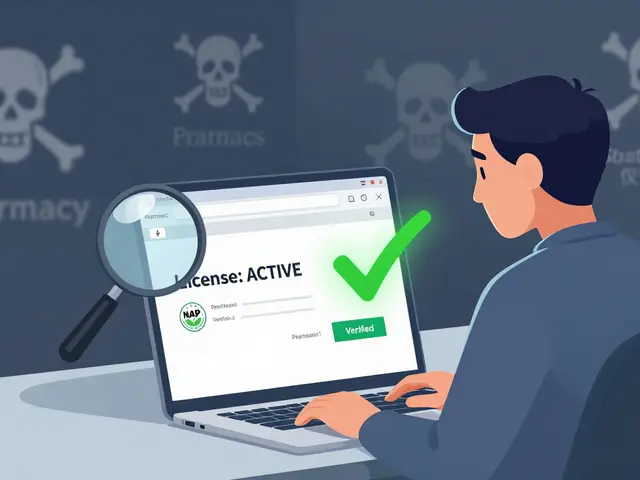Bone Density: How to Check It and Keep Your Bones Strong
Did you know one in three women and one in five men over 50 will break a bone due to weak bones? Bone density matters more than many people think. Here’s a clear, practical guide to what bone density is, how you find out your risk, and what you can do today to protect your bones.
How bone density is measured
The standard test is a DEXA (dual-energy X-ray absorptiometry) scan. It gives a T-score: normal is around -1 or higher, -1 to -2.5 means low bone mass (osteopenia), and -2.5 or lower is osteoporosis. Doctors often recommend a DEXA for women 65+ and men 70+, or earlier if you have risk factors like long-term steroid use, low body weight, family history, or previous fractures. Another tool your doctor might use is FRAX, which estimates 10-year fracture risk based on your score and other factors.
Everyday steps to protect bone density
Diet: Aim for 1,000–1,200 mg of calcium daily from food first — dairy, fortified plant milks, sardines, and leafy greens. Vitamin D helps your body absorb calcium; many adults need 800–2,000 IU daily depending on blood levels and sun exposure. Ask your doctor for a vitamin D blood test if you’re unsure.
Exercise: Weight-bearing activities—walking, jogging, hiking, stair climbing—and resistance training build and maintain bone. Try at least 2–3 strength sessions a week and 150 minutes of moderate activity overall. Balance and flexibility work (yoga, tai chi) reduce fall risk.
Habits: Quit smoking and limit alcohol to lower your fracture risk. If you’re on long-term steroids or have conditions like rheumatoid arthritis, talk to your doctor about bone health sooner rather than later.
Medications: If your DEXA and fracture risk are high, doctors may recommend drugs to reduce bone loss or build bone. Common options include bisphosphonates (like alendronate), denosumab, and anabolic drugs such as teriparatide. Each has benefits and side effects—discuss timing, duration, and monitoring with your clinician. Don’t stop or start meds without medical advice.
Supplements and online buying: If you use supplements, choose reputable brands and check doses. Buying medication or supplements online? Use trusted pharmacies, verify licensing, and compare reviews. If a site asks for no prescription for prescription drugs, that’s a red flag. When in doubt, call your local pharmacist or your doctor.
When to see a doctor: Get tested if you’re over the recommended age, had a low-impact fracture, or have risk factors. If you notice height loss, a stooped posture, or sudden back pain, see a provider—these can signal compression fractures.
Small daily choices add up. Eat for bone strength, move regularly, avoid risky habits, and get tested when needed. Your bones will thank you later.

Osteoporosis and Bone Fractures: Reduce Risk, Strengthen Bones, Live Strong
Want to avoid surprise fractures as you age? This article uncovers the hard facts about osteoporosis, why your bones might be weaker than you think, and what you can actually do—today—to lower your risk for fractures. Packed with practical tips, simple lifestyle tweaks, and up-to-date research, you'll learn exactly how to keep your bones strong at every age. Expect clear advice, real prevention strategies, and straight talk about what actually helps.
view more




